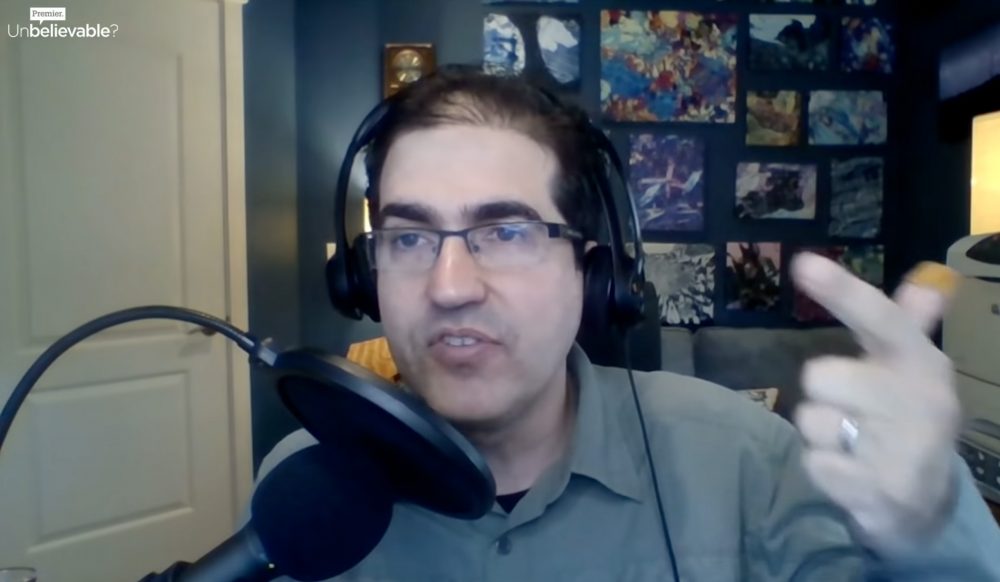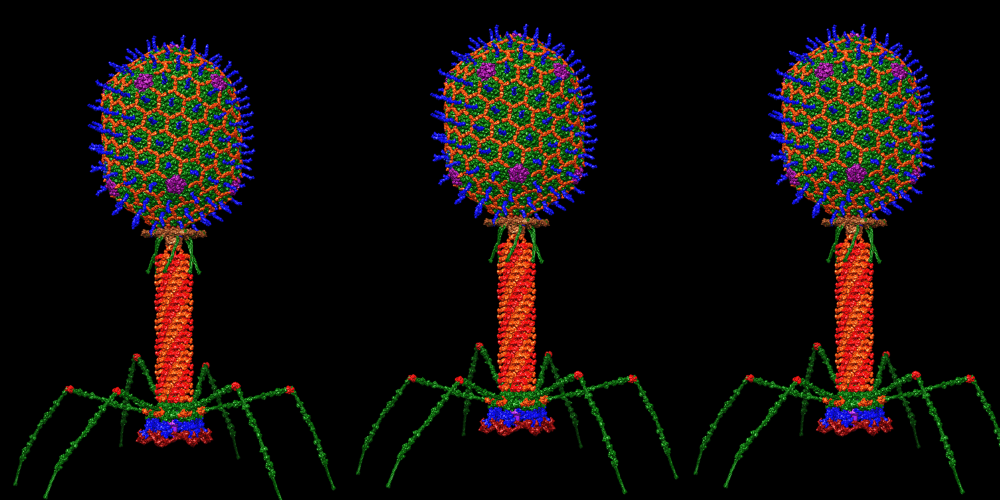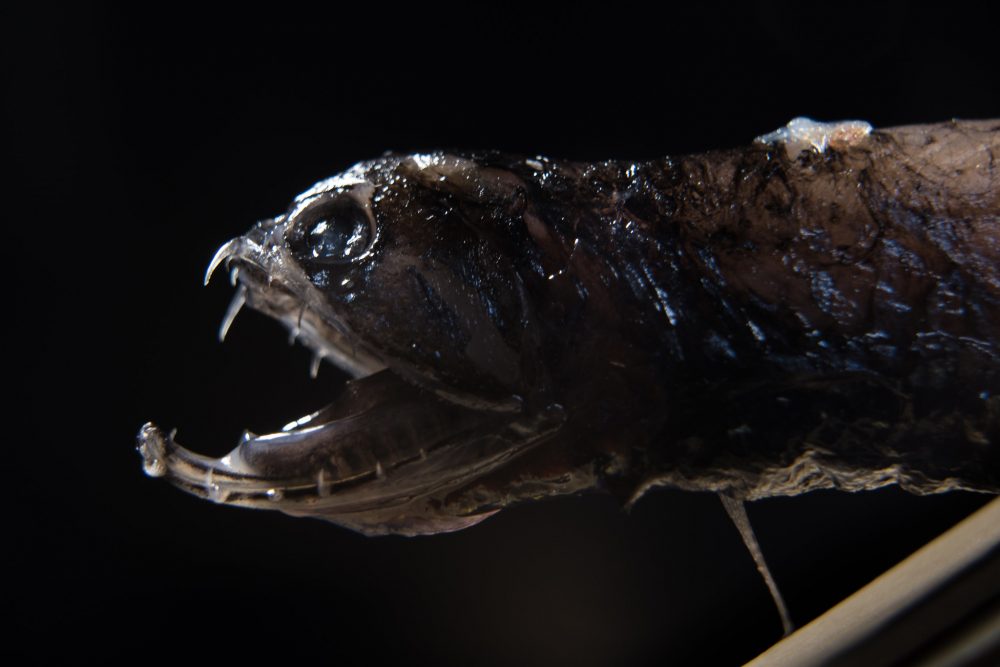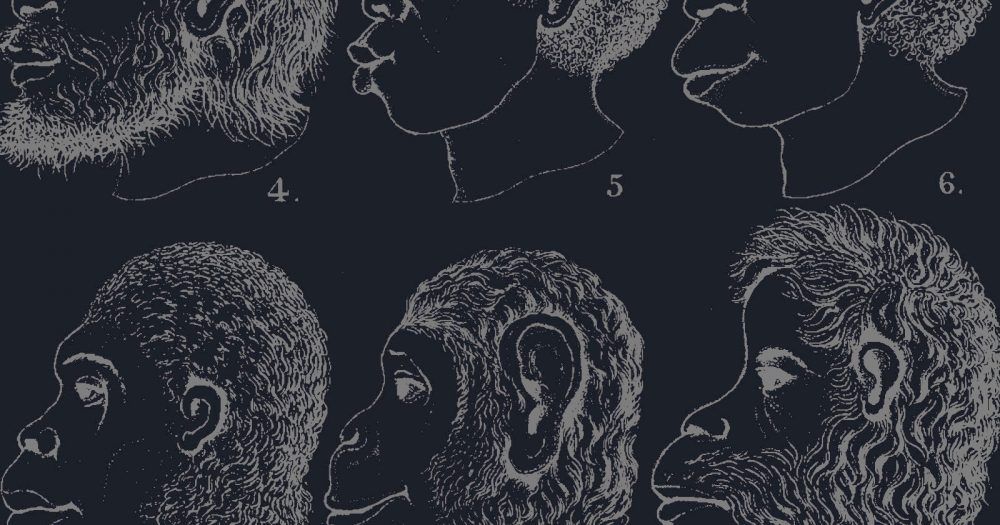
Hank Hanegraaff Interviews Animal Algorithms Author Eric Cassell, Pt. 1
On this ID the Future radio host Hank Hanegraaff interviews Animal Algorithms author Eric Cassell about insects and other small-brained animals with innate behaviors of astonishing sophistication — desert ants, leafcutter ants, honey bees, spiders, monarch butterflies, and many more. These appear to be hard-wired from birth with complex algorithms coded into their neural networks, and some of the algorithms seem to involve complex mathematics. Also mysterious: many of these innate abilities are do or die. So how could they have blindly evolved one small Darwinian step at a time? Also, how would genetic mutations generate the ability to make navigational calculations (as in the case of some birds) that for humans require spherical geometry? Listen in to learn more Read More ›








